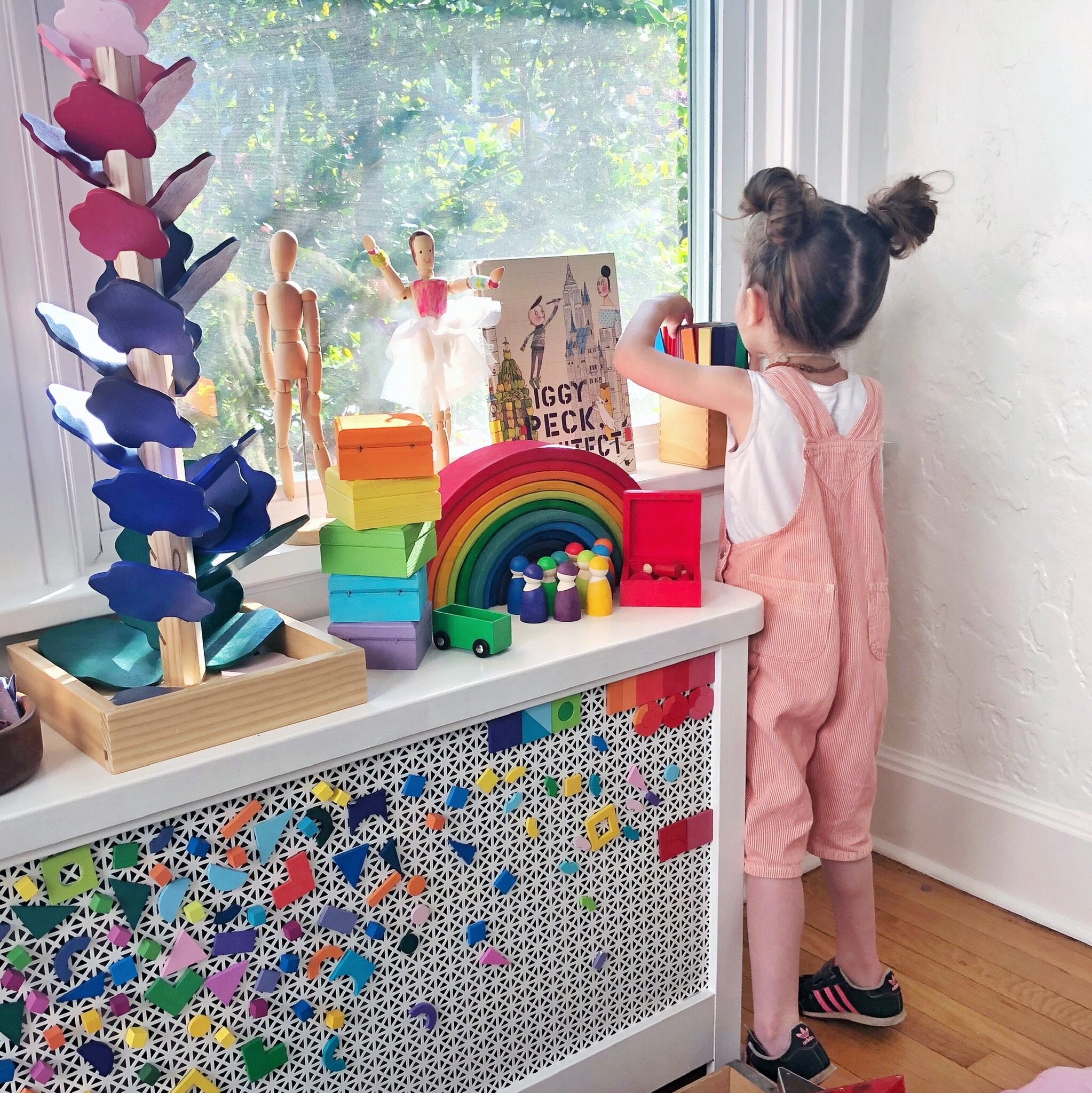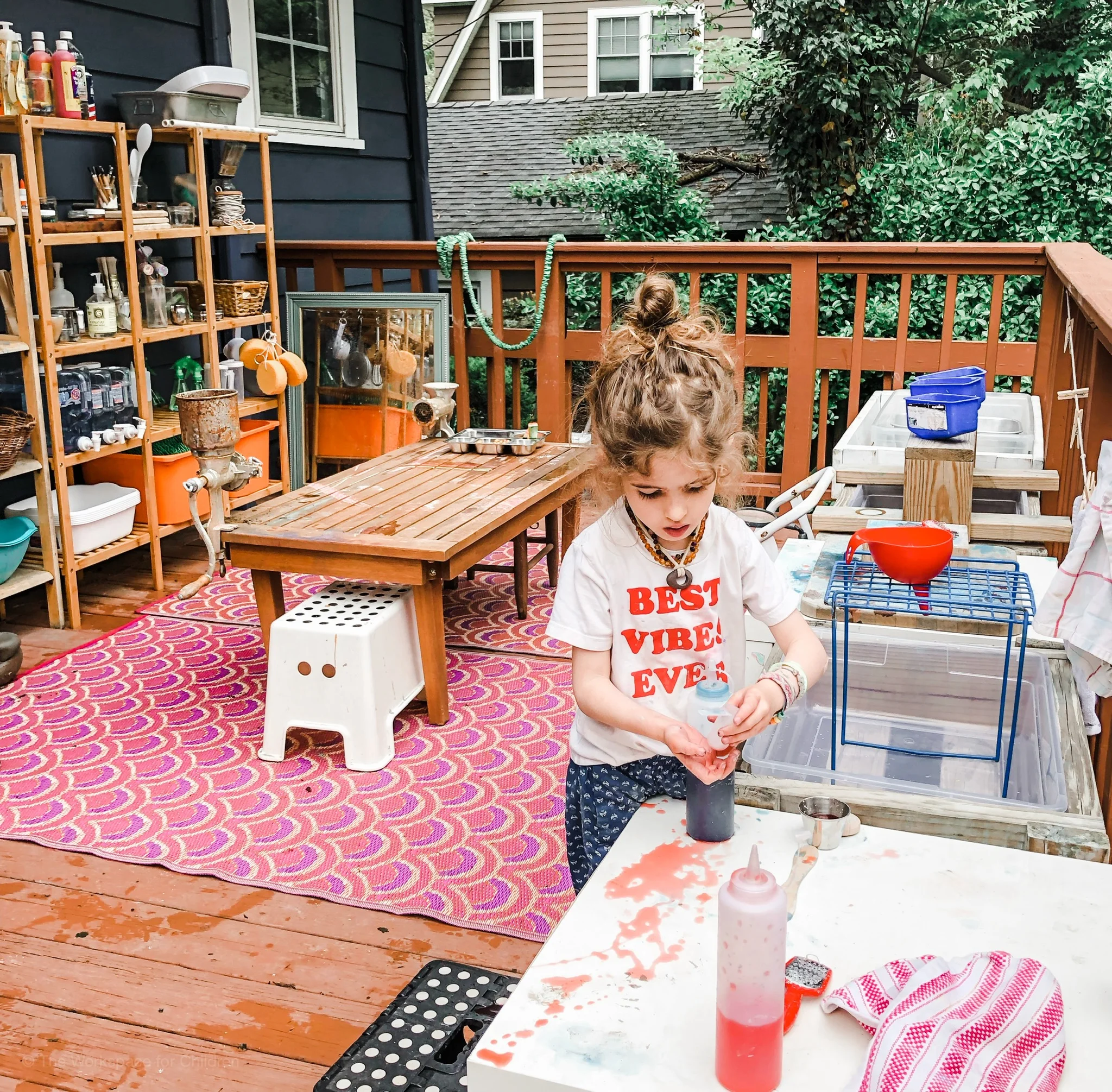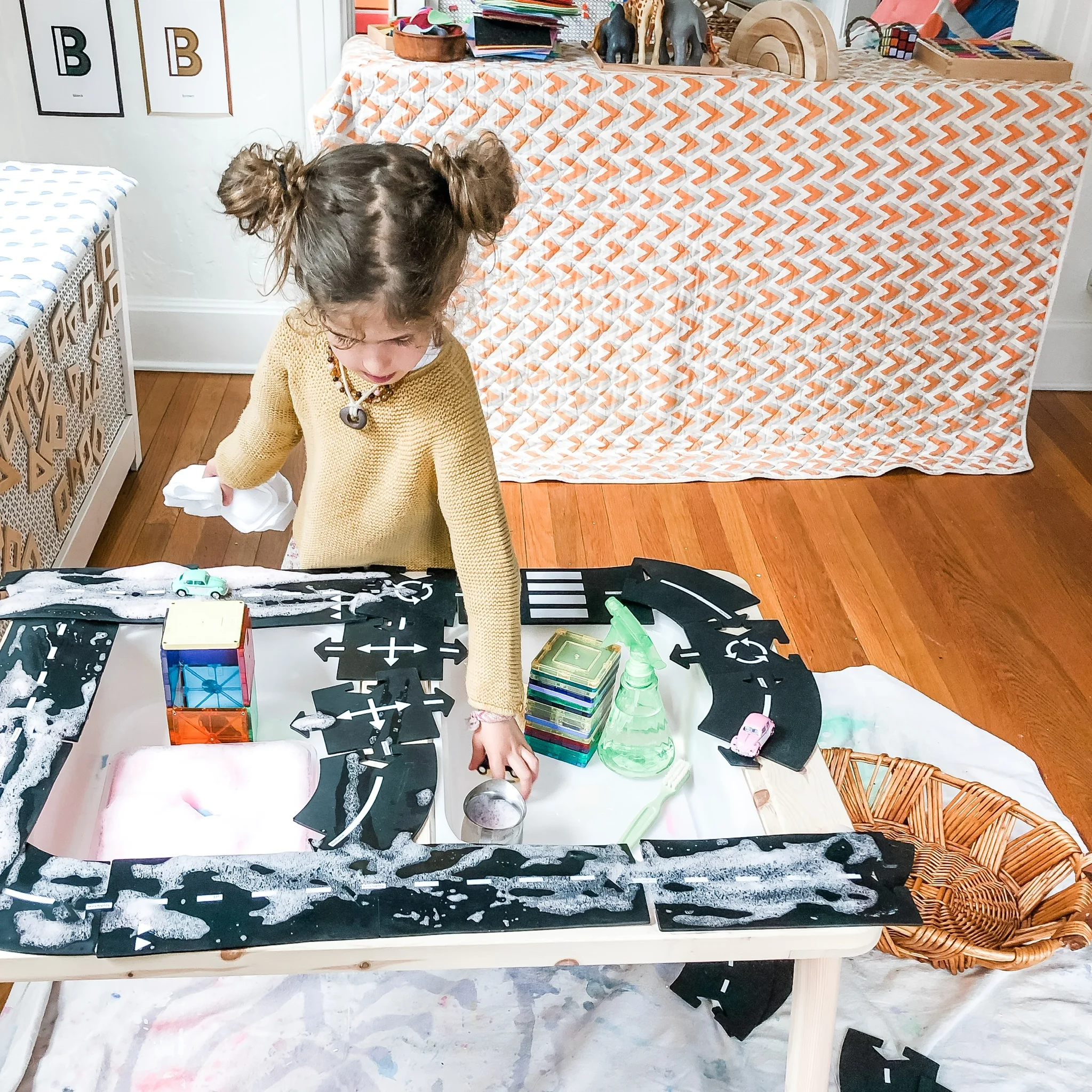Kids Won’t Listen? 3 Mistakes You May Be Making
/Do you feel like you’re invisible anytime you ask your kids to do something? You end up asking them for help over and over again and they just don’t seem to be listening. If you answered yes (which you probably did), you are not alone.
Especially In these times of being in and out of quarantine, you’ve likely been asking your children to help you out ALL DAY LONG… help to set the table for dinner, help to rake the leaves in the backyard, make their bed… so how can it be so hard to get them to do even one little thing that you say? I mean, do they hear you? Are you invisible? Seriously. What is the issue?
If you are feeling invisible, take a deep breath. You are not alone. Try these three questions…
What to Ask Yourself When Your Kids Won’t Listen
1. Am I being clear?
Kids need direct instructions that are easy to understand. It’s normal to start asking your child to help you with something and end up going on a rant instead.
“Alex, please put away all of the toys that are on the playroom floor BEFORE you turn on the TV this afternoon. Call me when you are finished cleaning so that I can let you know if it’s okay to turn on the TV.”
When I find myself going on a rant like this, I’m not even sure what it is I’ve really asked my kids to do! Instead, I try to use verbiage that is more direct:
“Honey, would you mind tidying the playroom today?”
Don’t overcomplicate it. If it’s the playroom you’re wanting help with, be to the point and make the instructions clear.
2. Are my expectations realistic?
After I’ve been direct about what my expectations are, I ask myself if those expectations are realistic. What state is the playroom in? Is it an absolute wreck that I wouldn’t even be able to manage the clean-up on my own?
How can I set Alex up for a successful clean-up so that we both get what we want? If it is a big job, maybe you clean up part of it before enlisting your child’s help. The task will be more realistic for a child to complete, you get a tidy room, and he gets to watch his favorite show for completing the task.
3. Am I being consistent?
Is what I am asking of Alex consistent each time I ask him to do it? And am I being consistent with follow-through? Have I made the consequences of not doing what I ask clear, and am I sticking to them?
If Alex chooses to ignore my ask, will I just throw my hands up and clean up the playroom myself (while feeling like a martyr), and still let him watch his show?
Or will I follow through with the consequence I’ve made clear by saying “no cleanup = no TV”?
If you want your children to listen to you, YOU HAVE TO DO THE WORK. PERIOD.
If your kids are used to you giving in, doing the work yourself, and not following with consequences, it might be a tough transition to get them to start listening. Stay the course. Follow through. Do the work.
In the long run, you will save your sanity and develop your child’s ability to be a contributing member of society. Win-win!
I hope you enjoy this blog! ! If you want to keep up with more Workspace for Children content, follow along on Instagram by clicking HERE.
SUBSCRIBE TO MY NEWSLETTER
WANT TO SEE MORE BLOGS LIKE THIS ONE? GREAT! CHECK OUT THE POSTS BELOW!
CHECK OUT OUR EBOOKS!
THE HITTING HANDBOOK
Get UNSTUCK. Stop waiting for your child to outgrow the hitting phase. Feel confident heading to the park or the playdate. This 5-step method teaches you how to use play to connect with your child and set clear and firm limits and boundaries around hitting at home and beyond. YOU can raise children who respect boundaries AND know how to set boundaries for themselves.
$34
THE PLAY PLAN
The Play Plan is an ebook containing play invitations that are easy to set up, inexpensive, and apply children of all ages. The 25 play prompts are divided into five categories and use items that you most likely already have at home. These play prompts consider children of all ages, all developmental stages, and all learning capabilities. Each prompt can be tailored to fit your unique child’s needs. Play is meant to be simple.
$28















